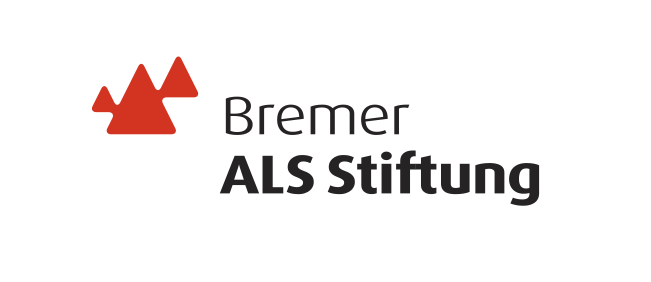
Medicinal Cannabis in ALS
The Bremen ALS Foundation is sponsoring a scientific study on the therapeutic significance of medicinal cannabis in ALS, which is carried out by the Charité ALS Outpatient unit.
ALS can cause a variety of symptoms and complaints. For some people with ALS, traditional medications can not completely relieve the symptoms. In recent years, it has become apparent that medications containing cannabis can be an important adjunct to ALS treatment in this situation. So far, there are only a few systematic scientific studies on this topic.
The purpose of this study is to investigate and determine the optimal dose and duration of cannabis treatment in ALS. The funding from the Bremer ALS Foundation flows directly into the implementation of the study.
Cannabis is prescribed for symptomatic treatment of ALS, such as chronic pain and spasticity. In addition, it is suspected that there are a wide range of possible uses, including slowing down the course of the disease as a whole.
The latest research on the cannabis-containing drug Nabiximols
The use of respiratory aids (mask respiration, invasive respiration, cough assistance) offers important treatment options for people with ALS in the advanced stages of the disease. Despite their great importance, however, there are still no guidelines on the optimal timing, intensity and technical equipment of respiratory care. Therefore, there are significant differences in the treatment of ALS patients with respiratory aid in Germany. First scientific evidence indicates that the modern possibilities of respiratory care are not fully utilized.
The Bremen ALS Foundation is funding a health services research project that analyzes the frequency of respiratory care and differences in the decision-making processes for or against respiratory care in Germany. The study is being conducted in cooperation with the leading ALS centers in Germany under the direction of the ALS outpatient clinic of the Charité.
The results of this study are published internationally and serve the further development of treatment guidelines of the neurological societies for ventilatory care. The funding from the Bremer ALS Foundation directly benefits the study organization and leadership at the ALS outpatient unit of the Charité.
